Real estate mogul’s ‘radical solution’ to the global refugee crisis
THEY are the world’s most desperate people — and no one knows what to do with them. Could this “harebrained” idea solve the crisis?
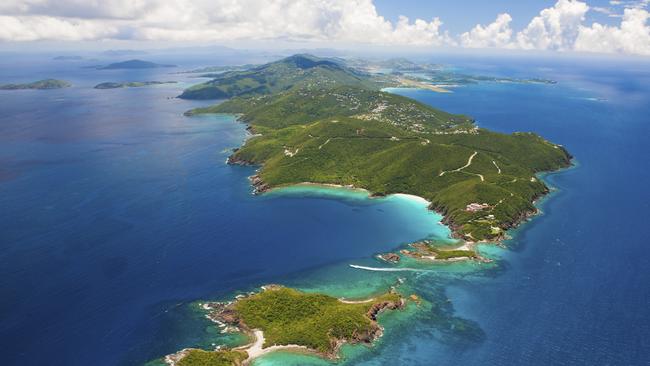
WHAT do you do with people the world doesn’t want? Give them an island all to themselves.
That’s the radical new plan to solve the world’s refugee crisis being proposed by one man, but a former senior advisor to the Australian government has slammed the idea as treating them like “lepers”.
From the US to Europe to Australia, the world is grappling with an unprecedented movement of people forced to flee their home countries due to conflict or persecution.
Today there are just under 60 million displaced people in the world, including 19.5 million refugees and more than 38 million internally displaced who have not yet crossed an international border.
It’s causing a massive headache for governments struggling to find a solution which balances humanitarian need with economic reality.
That’s not good enough, argues real estate tycoon Jason Buzi. He’s come up with an outlandish plan to solve the global refugee crisis: create a new country for them.
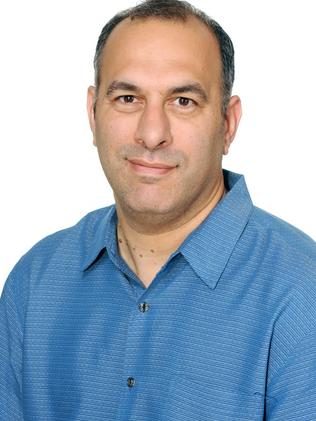
The San Francisco mogul, originally from Israel, calls his project Refugee Nation. He argues that governments around the world have failed to deal with the problem, and it’s time for a “radical solution”.
“Today’s status quo — where millions of refugees around the world continue to lead miserable and hopeless lives — is intolerable,” he writes.
“Just because something has gone on for many years doesn’t make it acceptable. Ask the millions living in refugee camps around the world how they feel about waiting 10, 20, or 30 more years before having a real life, human rights, and a home.”
He proposes four options for where it could be located: carve off a sparsely populated area of a developed nation; purchase an uninhabited island from a country such as Indonesia or the Philippines; convince a sovereign, sparsely populated country such as Dominica to allow itself to be taken over; or to literally build a new island in international waters.
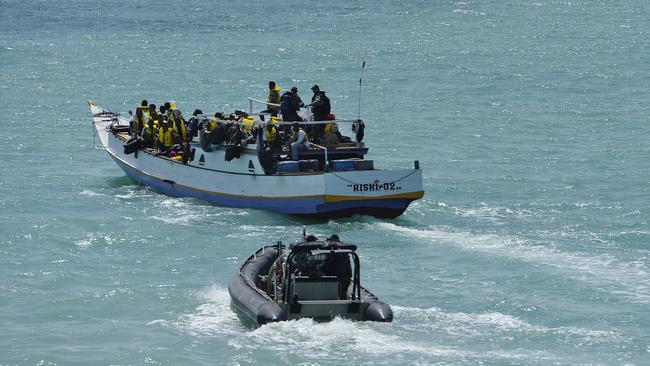
Setting up a new government from scratch is clearly a massive undertaking and would require a huge amount of support, but ideally Refugee Nation would be “democratic, pluralistic and generally capitalist”.
Whatever form it takes, the top two priorities of a new government would be to nurture a strong work culture rather than a culture of benefits, and to ensure jobs and training for everyone.
Mr Buzi, who has attracted scorn but also some unlikely praise for his idea, says he has already poured about $US15,000 of his own money into setting up a team and a web site to promote the idea, and planned to spend a lot more to help the idea gain traction.
He’s calling on the world’s billionaires, the United Nations, the US and others to chip in to make Refugee Nation a reality, which he estimates will cost in the tens of billions at least.
“If even one of [the world’s 2000 billionaires] can be persuaded to enthusiastically embrace the cause, success becomes much more likely,” he writes.
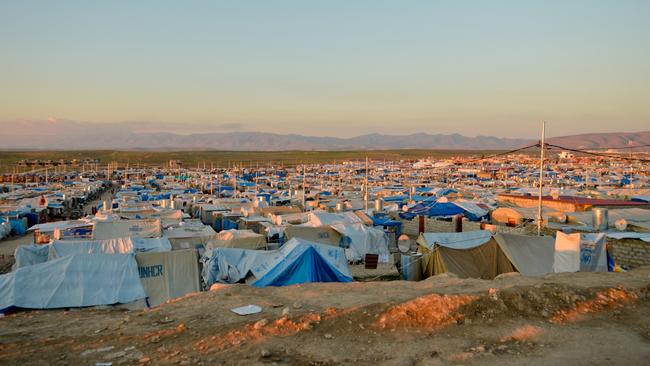
“For instance, one billionaire could buy multiple islands or a vast area of land where the new nation could be implemented. They may even be able to help transport many thousands of refugees to their new home.
“Sooner or later, sovereignty should follow. Their contribution or investment in an economy, may also persuade a country to take in a large number of refugees.”
But the finer details still haven’t been hammered out. “Right now it’s a little like meeting a girl on a first date,” Mr Buzi told The Washington Post. “I’m not thinking yet about what I’m going to name my children, right?”
He points to Israel as proof it can be done. “Israel was essentially founded as a refugee nation, exclusively for Jewish refugees,” he writes.
“The Jewish people came together, and despite enormous obstacles formed a Jewish nation. I hope the world will now come together to form a nation for all refugees regardless of race, religion, or nationality.”
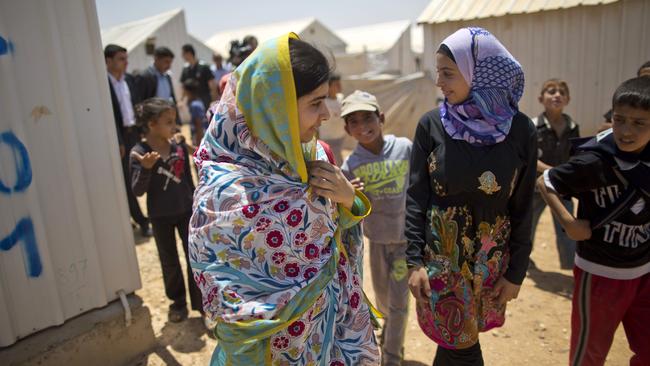
‘IT’S A HAREBRAINED IDEA’
Associate Professor Harry Minas, director of Melbourne University’s Centre for International Mental Health and former adviser on the Minister’s Council on Asylum Seekers and Detention, described the proposal as “absurd in the extreme”.
“The basic premise behind this is the notion that countries are not dealing well with the issue of refugees, that’s true,” he said. “What we need to be looking at is not some weird proposal, but to try to better understand why it is countries are not dealing with this issue.”
Professor Minas, who quit the Gillard government’s advisory council in 2012 out of frustration, said Refugee Nation was a “harebrained idea” that crystallises the thinking towards refugees.
“It’s saying we have to set them apart from us, that we don’t want them among us, so let’s put them on an island somewhere. It illustrates the thinking which is so problematic, and in a way it’s analogous to not long ago when we used to have leper colonies.”
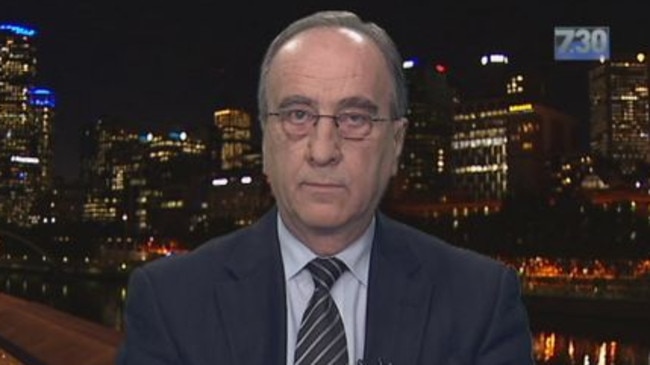
The idea of creating a nation out of disparate groups of displaced people was “absurd”, he said. “It doesn’t bear thinking about. It assumes that people who come from a multitude of different cultures and countries, all of whom have experienced trauma or persecution, are going to be able to build a functioning, stable and peaceful society.”
At Labor’s national conference on the weekend, Bill Shorten flagged a proposal to double Australia’s annual refugee intake from 13,750 to 27,000 over time to placate opposition to the party’s new hard line stance on boat turnbacks.
Professor Minas said he supported the expansion of the refugee intake well above even that level, possibly by reducing the number accepted through the business migration program.
“I’m not going to quote any numbers,” he said. “But I’m not aware of any substantial economic or other benefits from the business migration program. We could use some of those places.”
Professor Minas said the number of refugees permanently resettled every year globally was not much higher than 100,000 out of a population of millions.
“Permanent resettlement is only part of the solution, and the UNHCR is very clear about this that where possible, if people can safely return to their own country that’s the best option,” he said.
“Australia could take much larger numbers than we do currently.”




